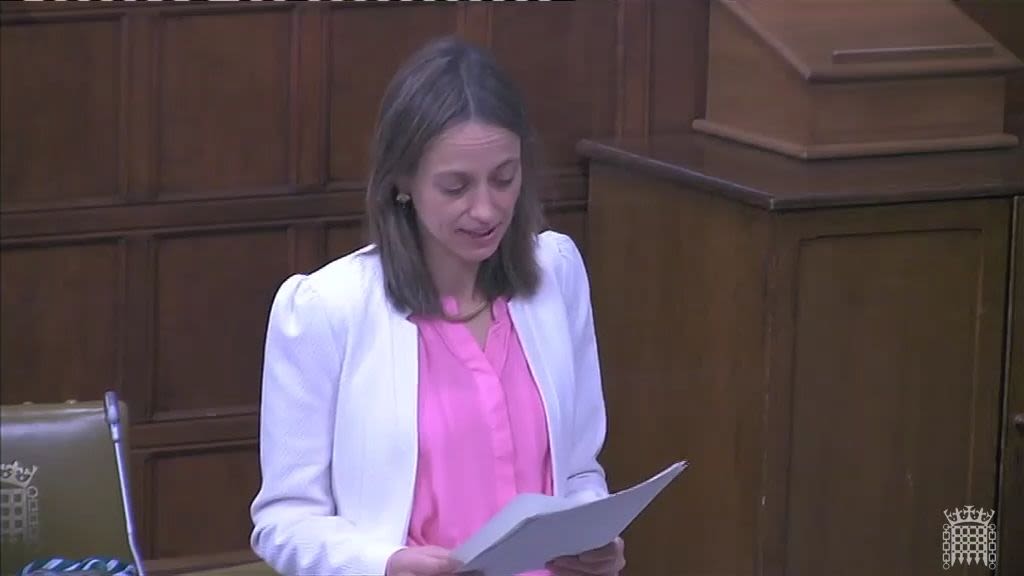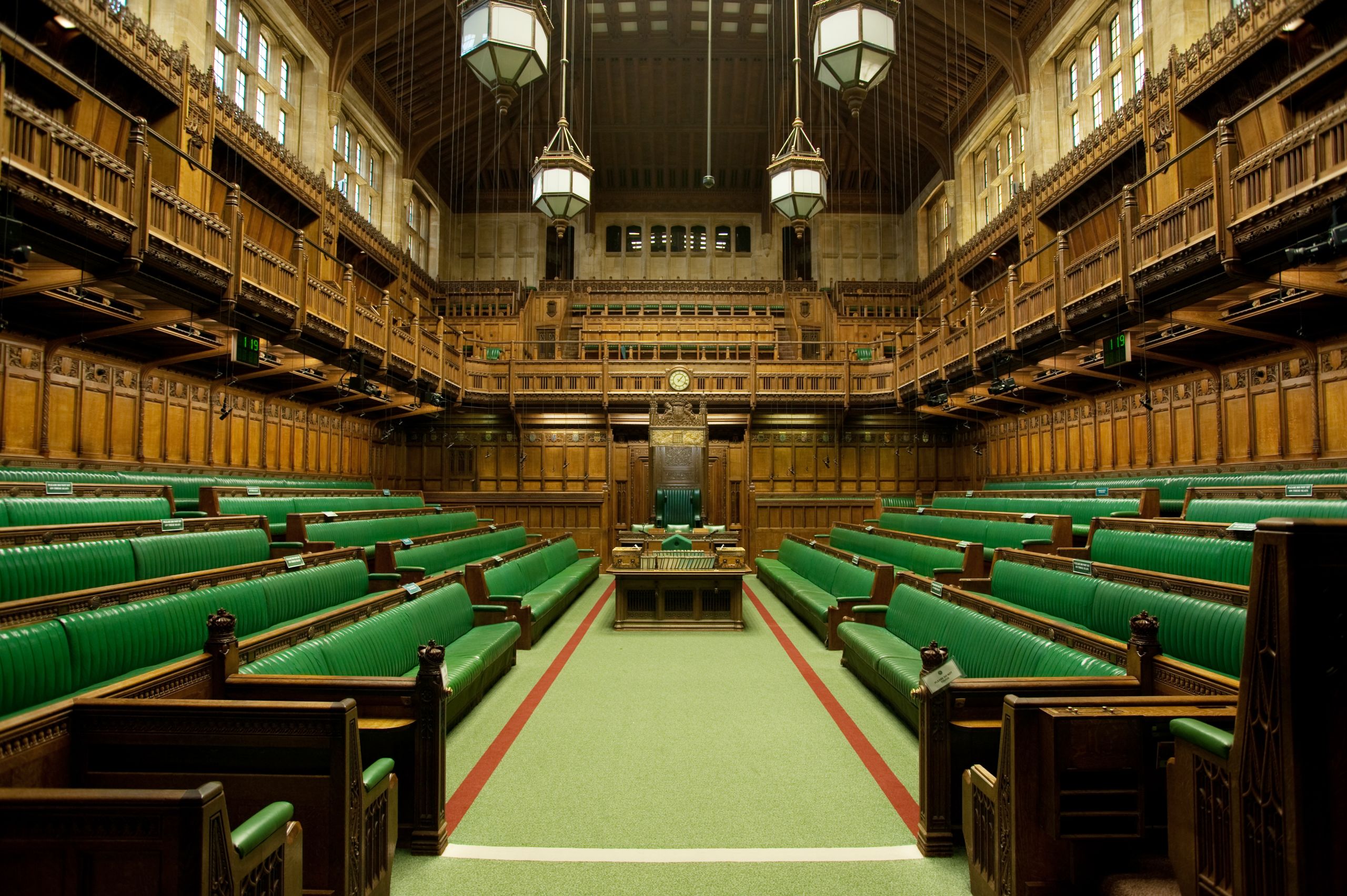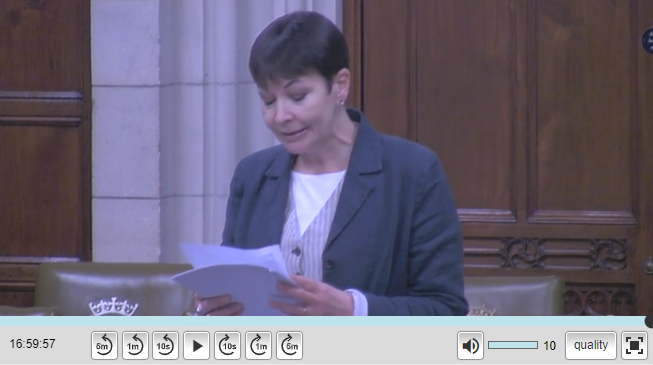Wellbeing economy approach to meeting climate goals
Westminster Hall debate
Caroline Lucas MP

The Government's response

The Exchequer Secretary to the Treasury Helen Whately MP responded to the debate on behalf of the Government, addressing the Government’s current policy agenda and future ambitions related to the debate.
Watch or read her full speech for details on a range of topics including:
- The Government’s response to the Independent review of UK economic statistics, which acknowledged some of the limitations of GDP as a measure of welfare
- The Beyond GDP Initiative which “aims to develop new and broader measures of welfare and activity, such as a suite of personal wellbeing measures that better account for unpaid work, and estimates for human capital”
- Updates to the rules issued by the Treasury to guide individual spending decisions (the Green Book), including new guidance for considering wellbeing in detail as part of policy appraisal
- The Government’s response to the Dasgupta Review: The Economics of Biodiversity
- Relevant policies, legislation and investment related to climate change, natural habitats, net zero carbon emissions and green industry.
For an overview of Government policy and other issues related to the debate, see the following research briefings from the House of Commons Library:
"A huge thank you to everyone who took the time to be part of this.
"Many of you have shared some brilliant ideas and I hope I can highlight some of them in the debate.
"You’ll be able to watch the debate on this page – I hope you can tune in."
Introducing the debate, she gave the following statement:
"More than two years ago, the House of Commons approved a motion declaring a climate emergency. Since then, the UK has set a target of net zero emissions by 2050 and the Government has announced new interim targets to reach that goal.
"At the same time, our economic policy is largely focused on growth. Yet a recent report for the OECD warned that growth models were leading to serious social and environmental harms.
"I believe that the Government’s priorities should instead be environmental sustainability, economic resilience, reducing inequality and improving wellbeing.
"Some countries including New Zealand are adopting broader economic goals focusing on health, wellbeing, living standards and climate change.
"In my view, it's time the UK joined the Wellbeing Economy Alliance."
Your feedback
If you contributed to this exercise, please give us feedback about your experience on this four-question survey:

How it works
What is a Westminster Hall Debate?
Westminster Hall debates take place in the Grand Committee Room in the House of Commons.
They give MPs an opportunity to raise local or national issues and receive a response from a government minister.
Debates in Westminster Hall take place on ‘general debate' motions expressed in neutral terms. These motions are worded ‘That this House has considered [a specific matter]'.
How Parliament works: Westminster Hall debates.
How your contributions are shared
In these exercises, members of the public who have signed relevant petitions are invited to share their experiences and ideas.
These are passed on to the MP leading the debate, who may refer to them directly in their speeches.
Find other petitions on the Petitions website, or see more examples of public contributions being used in debates below.
What happens next?
If you shared your email in the survey, we’ll send you an update after the debate with links to watch it, read the transcript, and information about the Government's response.




Search Parliamentary materials
Debates, Oral Questions and Oral Statements
Search hansard.parliament.uk for debates, oral statements, oral questions and more.
Written Questions and Written Statements
Search questions-statements.parliament.uk for written questions, answers and statements.
Select Committees
Search committees.parliament.uk for committees, their inquiries and publications.
Get involved
Visiting Parliament, education resources and more


Photo credit: UK Parliament/Jessica Taylor
